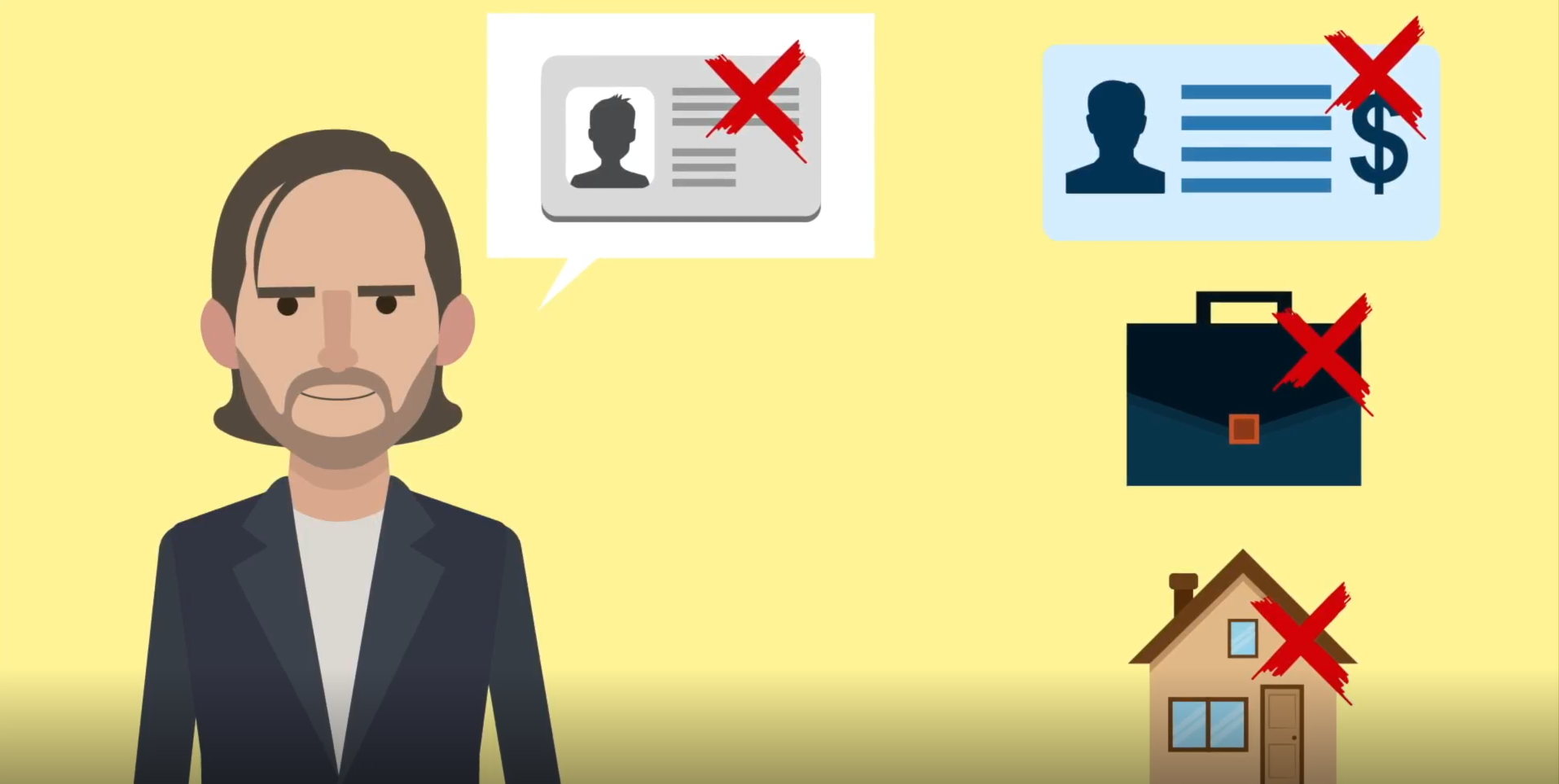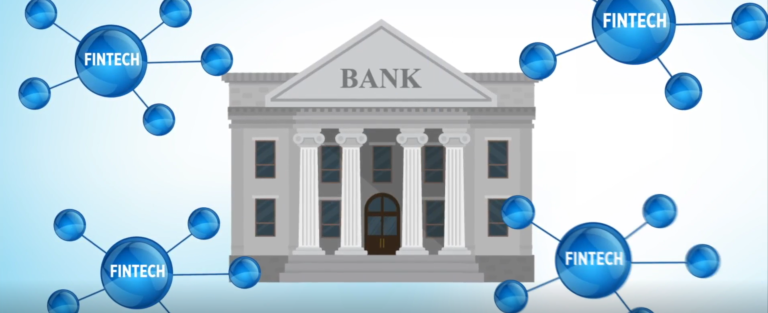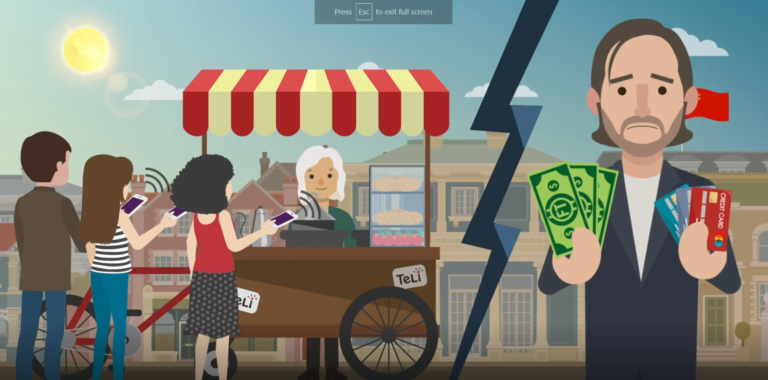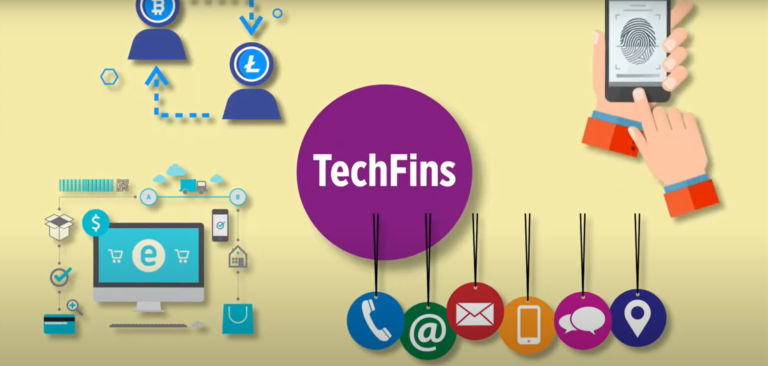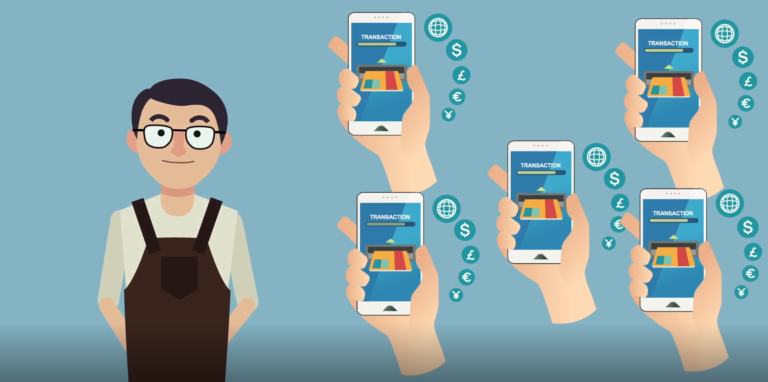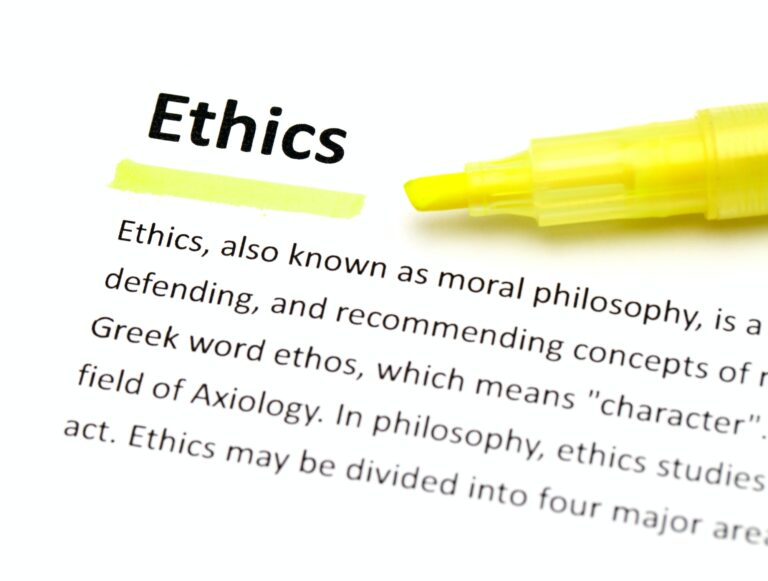Transcript
Okay, so, if somebody asks you to identify yourself, how would you do it? How do you prove that you are in fact you?
On the day we first taught this class at HKU, David Lee had just received a ticket for speeding. He was pulled over by a police officer and asked to show his ID. He presented the ID that the Hong Kong government issued and his driver’s licence for the police to confirm who he was, and of course, write him a speeding ticket.
As to David Bishop, he has more interesting experiences. Bishop travels between Hong Kong and Shenzhen quite often. Although China’s borders are quite advanced now with fingerprint scanners and facial recognition equipment, he has to go through the foreign channel and has his identity documents checked manually by an immigration officer. If anyone has searched for David Bishop’s photos online, you’d see that his facial hair changes from time to time. So the officers always look back and forth between him and his passport trying to make sure that this Lao Wai (foreigner) is who he claims he is.
So this is how we typically do it, right?
Like us, you probably already have an official government-issued ID. But you may be surprised to learn that according to the World Bank, over 1.1 billion people around the world lack any officially recognised proof of their existence. In fact, this is so prevalent and critical that United Nations’ Sustainable Development Goals 16.9 is a goal that hopes to ensure everyone around the world has access to a legal form of identity. That sounds crazy, right? It means that one out of six or seven people do not have any form of official ID.
Without any forms of identification, it can be challenging to access institutions and opportunities that many of us take for granted, such as health care, social protection, education and finance, not to mention travel, driving, voting, employment, etc. Think about opening a bank account. Without any official documents to prove that you are you, chances are that you’ll not be allowed to open an account. And then again a bank account may be another prerequisite for a lot of other things, such as getting a job, securing a long term place to live. Overall, people without official ID risk being marginalised and excluded from society.
And in the case of a large refugee crisis, this can turn into a global political concern. According to the United Nations, it is estimated that 80% of the roughly 65 million refugees in the world do not have any form of official documentation to prove their identity. And while there are sadly many examples to consider, let’s briefly look at one example, the Syrian refugee crisis.
Since the Syrian Civil War started in 2011, more than five million people have fled their country, often having to leave their belongings behind, including their official identity documents. In fact, there’ve been reports saying that 70% of the refugees lack basic identity documents.
To address this issue and provide aid, the World Food Programme operated by the United Nations piloted a project called Building Blocks in the Syrian refugee camp Zaatari in Jordan, where they began utilising biometrics and blockchain to facilitate aid and to identify individuals. To be eligible to receive assistance, refugees have to record their biometrics which is then stored on the UN database and they are allocated an account on the ethereal blockchain.
Purchases are then made by scanning their iris in their eyes at local shops, which confirms their identity and facilitates payment. No cash, card, or mobile is needed for the transaction to take place.
So, why should people like you and us, who already have government-issued IDs, you have your driver’s licence, maybe a passport, why should you even care about this? How will this impact you? The reality is that governments in most parts of the world are developing more and more of this technology into the concept of managing and controlling identity. This is an important question for all of us to consider as we think about the impact such technology will have on all of us.
Discussion Questions
- Do you think that moving forward these non-government-issued IDs will become the new norm?
- Or do you think this is more of an exceptional situation and that this type of change the pace of change won’t happen so quickly?
- Do you think that governments may accept outside, private, NGO-created identification systems or are they always going to want to control and create their own ID systems?

